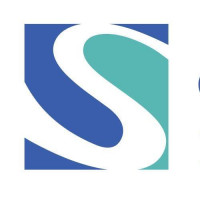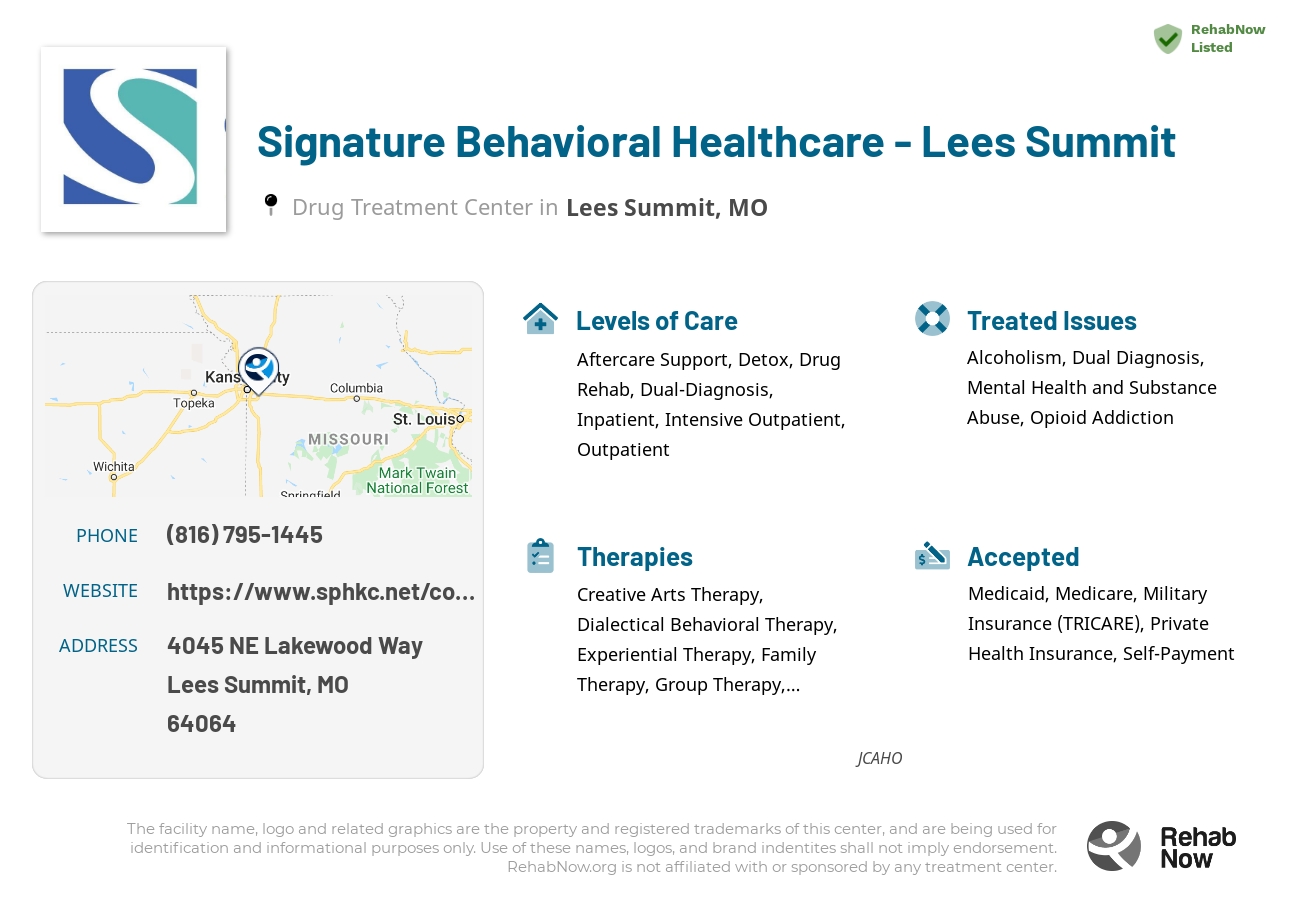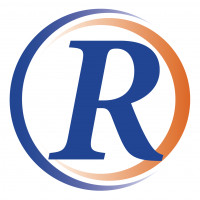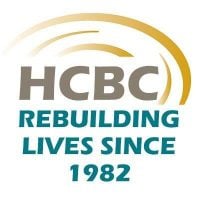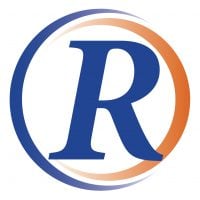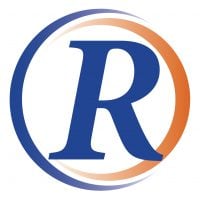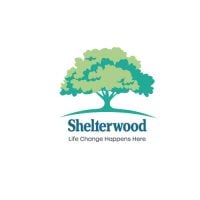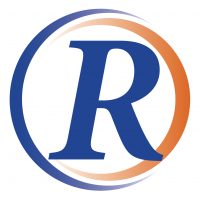Signature Behavioral Healthcare - Lees Summit
Drug Rehab Center in Lees Summit, Missouri
Signature Behavioral Healthcare - Lees Summit provides comprehensive addiction treatment with a personalized approach, evidence-based therapies, and holistic approaches, while holding national accreditation and certifications.
Multiple patients have reported Signature Behavioral Healthcare - Lees Summit as permanently closed.
Research other rehabs in Lees Summit, Missouri, or get help finding an open facility.
About This Missouri Facility
Signature Behavioral Healthcare - Lees Summit is a premier provider of comprehensive addiction treatment in Lees Summit, Missouri. Staffed with highly knowledgeable and dedicated professionals, Signature Behavioral’s mission is to inspire hope, reclaim lives, and restore families. They take an individualized approach to addiction treatment and provide a full continuum of care, ranging from medically supervised detoxification to extended treatment and recovery support in the form of intensive outpatient services.
Signature Behavioral Healthcare - Lees Summit offers evidence-based therapies and practices to help individuals identify and address the underlying issues that contribute to their problems with addiction. This includes cognitive-behavioral therapy, which helps clients gain insight into their thought and behavior patterns, as well as counseling sessions to process underlying emotions. They also offer holistic approaches like yoga, meditation, and creative arts therapies that can help individuals reach a state of emotional and spiritual balance. In addition, patient-centered activities such as equine-assisted therapy and wilderness therapy are employed to challenge individuals to develop mental and emotional strength.
Signature Behavioral Healthcare - Lees Summit is nationally recognized for its high standard of care and commitment to excellence. They have been accredited by The Joint Commission, an independent organization that evaluates healthcare providers’ quality of care, and have received the Gold Seal of Approval. Signature Behavioral is also licensed and certified by the Missouri Department of Mental Health, and the accreditation and certifications they hold are a testament to the quality of care they provide. The facility's staff also include a number of certified counselors and clinicians with extensive experience in addiction treatment. In 2019, they received the Best of Summit Award forBest Mental Health Services Provider in Lees Summit, MO.
Genders
Ages
Modality
Additional
Accreditations

JCAHO
Conditions and Issues Treated
Opioid addiction is the result of repeated use, or abuse, of opioid drugs. It is recommended for people who are dependent on opioids, or who have a high risk for dangerous health concerns, to seek professional treatment. Treatment plans usually include behavioral therapy and medication-assisted treatment.
Opioid drugs include: fentanyl, heroin, methadone, oxycodone, and oxymorphone.
Opioid addiction treatment is beneficial for:
- People who have a history of severe withdrawal.
- People with a high risk for dangerous health concerns.
- People having difficulty overcoming opioid addiction on their own.
There are different kinds of Dual Diagnosis:. A person who simultaneously experiences both a mental illness and an addiction disorder. Or, a person who experiences one or more coexisting (simultaneous) mental health conditions in addition to a primary substance use disorder.
The treatment requires a multi-disciplinary approach, it’s crucial for individuals to partner up with a healthcare provider who understands all the recovery components.
Levels of Care Offered at Signature Behavioral Healthcare - Lees Summit
This center offers a variety of custom treatment tailored to individual recovery. Currently available are Aftercare Support, Detox, Drug Rehab, Dual-Diagnosis, Inpatient, Intensive Outpatient, Outpatient, with additional therapies available as listed below.
Detox is the stage of recovery where the drugs or alcohol are entirely removed from your body. There are two different ways to detox, with medications and without. For many drugs and alcohol, the acute phase of detox can be completed in a number of days.
Inpatient treatment is the most intensive level of care, and it’s necessary for those who aren’t able to control their addiction. These patients also must be drug-free before attending inpatient programs .
During inpatient treatment, addicts live at an inpatient facility 24 hours a day while receiving help. This type of program is generally recommended for those who need to go through detoxification or who are struggling with serious addiction-related issues.
An Intensive Outpatient Program (IOP) is a form of drug treatment that allows individuals to receive the therapy they need while remaining in their homes and community.
An IOP is typically 3-5 days per week, at least 4 hours each day of treatment. Treatment can last for a few months or longer, depending on the situation.
An IOP is a step down from an inpatient treatment center and can be used as a step down from an inpatient stay or as a more intense form of outpatient treatment. IOPs allow for the flexibility to continue working and living at home while still meeting treatment demands.
The outpatient programs in Lees Summit, MO are for those addicted drugs or alcohol. The goal of the outpatient rehabilitation program is to make them stop abusing drugs or alcohol, reduce drug use or addictive behaviors, and become entirely sober. It is generally required to attend the outpatient program for 10-12 hours every week.
Patients can be administered on-the-spot medication to ease withdrawal symptoms such as anxiety, increased heart rate, and even depression. Groups such as Alcoholics Anonymous (AA) and Narcotics Anonymous (NA) can be used as a part of outpatient treatment to help maintain sobriety.
Aftercare support is a service many addicts need to ensure their success at recovery. This service usually includes one-on-one or group therapies, assistance from a sponsor and other types of help designed to make sure the patient continues living a life free from drugs.
Patients also may require medication to help them battle addiction. Some people have been able to successfully recover without additional medications, but others have found that they need help during their transition. Long-term, the patient must take the initiative to attend meetings and receive help from other addicts in recovery.
Therapies & Programs
People in addiction recovery can benefit from individual therapy. This type of therapy involves meeting with a therapist one-on-one. This allows for a personal and trusting relationship to be built so that the patient can be truly themselves and express any emotions they feel. Individual therapy leads to greater understanding and peace about your triggers for addiction and coping strategies to prevent relapse.
Family therapy is a type of group problem-solving that aims to improve communication and relationships between the patient, their family, and sometimes friends. The main goal of family therapy for drug addiction is to create an environment where communication can occur without judgment, hostility, or blame. The therapist is with the family as they learn to communicate with each other differently, especially with the addict when s/he is using.
Group therapy sessions are held in rehab facilities, clinics, churches or community centers that offer drug addiction treatment. People who attend these groups are encouraged to voice their feelings and support other addicts in recovery. This helps group members strengthen their own recovery program while cheering on others who are struggling with sobriety.
Group therapy sessions provide recovering addicts with a chance to cope with everyday situations that many face. Group therapy sessions are held in rehab facilities, clinics, churches or community centers that offer drug addiction treatment.
People who attend these groups are encouraged to voice their feelings and support other addicts in recovery. This helps group members strengthen their own recovery program while cheering on others who are struggling with sobriety.
If you’re looking for addiction treatment, it’s important to find a facility that offers trauma therapy. This type of therapy helps people process and understand the past traumas that have led to their addiction. Trauma therapists will work with clients to help them understand their past and present relationships and show them that they are worthy of love. This therapy is typically done using visualization, discussion, and writing down thoughts and feelings.
Trauma Therapy is a form of therapy that involves working with a patient to help them process and understand the past trauma(s) in their life. This therapy is typically done using techniques such as visualization, discussion, and writing down thoughts and feelings. The main goals of trauma therapy is to help clients express their emotions and talk about what they are feeling.
Dialectical Behavior Therapy (DBT) is a form of cognitive-behavioral therapy that helps people understand how they connect their thoughts, behaviors, and feelings. It can give them more control over their actions, effectively stopping self-harm ideations and attempts in some patients. It also helps put those with borderline personality disorder into control for managing mental struggles.
A new study has shown that DBT works for those with self-harm behaviors and addictions by giving them therapy they can relate to and understand.
Cognitive Behavioral Therapy (CBT) helps addicts identify faulty, negative thinking so that they can work together with the therapist to find healthier ways of thinking. CBT focuses on specific aspects of each person’s thinking, feeling, physiology, and behavior. It aims to identify specific problems in these areas, and create a personalized treatment strategy.
Addicts often experience intense cravings for sugary foods during recovery. By teaching addicts how to eat well and stay healthy, therapists can help them manage their cravings over the course of treatment.
During these sessions, Lees Summit, Missouri dietitians and therapists will offer advice about healthy eating options and teach addicts how to make specific changes in their diet that can help reduce the effects of cravings during recovery.This type of therapy is often used in conjunction with other types of addiction treatment services. By identifying specific triggers and developing strategies to help addicts avoid relapse, most individuals can overcome their cravings and stay sober for good after they finish rehab.
The first step to becoming a non-smoker is the choice to quit smoking. Nicotine replacement therapies are effective because they provide you with the nicotine you are addicted to without inhaling carcinogens from cigarettes.
There are several types of NRT. These include:
- Nicotine gum
- Nicotine patches (transdermal systems)
- Nasal spray
- Lozenges
The benefits to using NRT can include:
- Reduce the risk of heart disease and cancer
- Reduce the anxiety and irritability associated with quitting smoking
- Reduce the risk of type II diabetes.
- Improved fertility in women
Patient Experience
Creative Arts
Creative Arts Therapy is a treatment method for patients of Signature Behavioral Healthcare - Lees Summit in Lees Summit, Missouri who are victims of addiction to drugs, alcohol, or other substances. Group Creative Arts Therapy sessions help addicts get sober by allowing them to meet and talk with peers who are going through the same problems. This builds trust and helps addicts understand that they are not alone. Depending on the severity of the patient’s drug or alcohol problem, they may attend group creative art therapy sessions or individual sessions.Experiential Therapy at Signature Behavioral Healthcare - Lees Summit
Experiential Therapy allows addicts to release emotions in a safe environment. The process involves addicts painting their feelings and releasing them on a canvas. LPE – Love, Peace, and Equilibrium is one of the most popular forms of experiential therapy.
Payment Options Accepted
For specific insurance or payment methods please contact us.
Is your insurance accepted?
Ask an expert, call (888) 674-0062
Signature Behavioral Healthcare Associated Centers
Discover treatment facilities under the same provider.
- Signature Behavioral Healthcare - Comprehensive Psychiatric Associates in North Kansas City, MO
- Signature Psychiatric Hospital - North Kansas City in North Kansas City, MO
Learn More About Signature Behavioral Healthcare Centers
Additional Details
Specifics, location, and helpful extra information.
Lees Summit, Missouri 64064 Phone Number(816) 795-1445 Meta DetailsUpdated November 25, 2023
Staff Verified
Patient Reviews
There are no reviews yet. Be the first one to write one.
Lees Summit, Missouri Addiction Information
Opioid-related overdoses in Missouri have been increasing steadily for the past three decades. In 2018, more than 1,130 people in Missouri died from opioid abuse. Methamphetamines and marijuana abuse have surpassed opioid abuse in Missouri. Missouri is the number 1 methamphetamine manufacturer in the country with more than 27 meth labs per 100,000 people.
Over 6% of the population in Lees Summit struggles with addiction to drugs or alcohol. This can have a ripple effect on friends, family members, and co-workers. The most commonly abused drugs in Lees Summit are marijuana, cocaine, and heroin. Treatment may last anywhere from a few weeks to a few months, depending on the severity of the addiction and the person's individual needs.
Treatment in Nearby Cities
- Carthage, MO (125.2 mi.)
- Milan, MO (106.7 mi.)
- O Fallon, MO (197.1 mi.)
- Cape Girardeau, MO (287.6 mi.)
- Camdenton, MO (110.3 mi.)
Centers near Signature Behavioral Healthcare - Lees Summit
The facility name, logo and brand are the property and registered trademarks of Signature Behavioral Healthcare - Lees Summit, and are being used for identification and informational purposes only. Use of these names, logos and brands shall not imply endorsement. RehabNow.org is not affiliated with or sponsored by Signature Behavioral Healthcare - Lees Summit.
